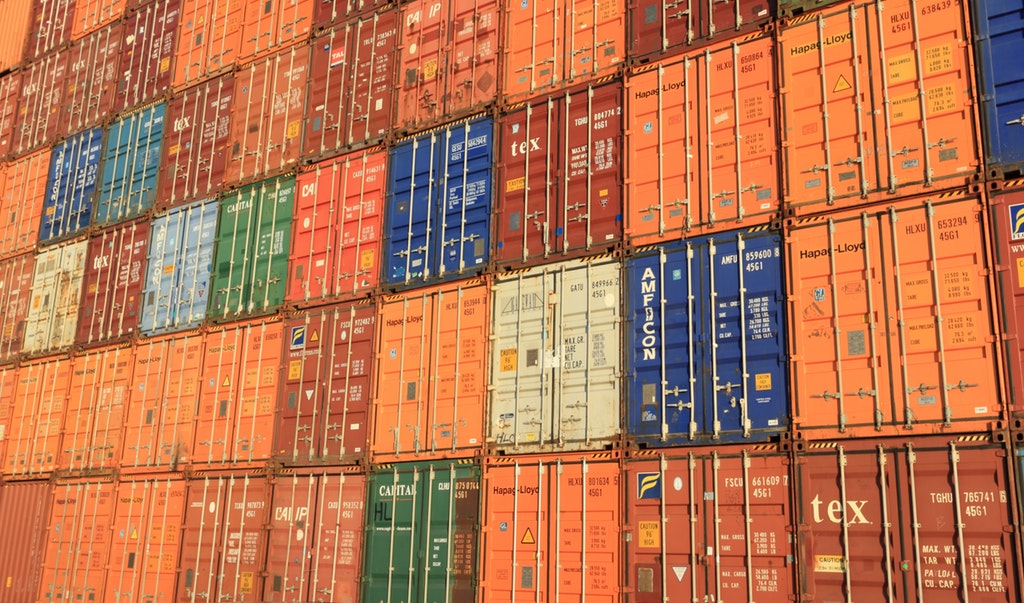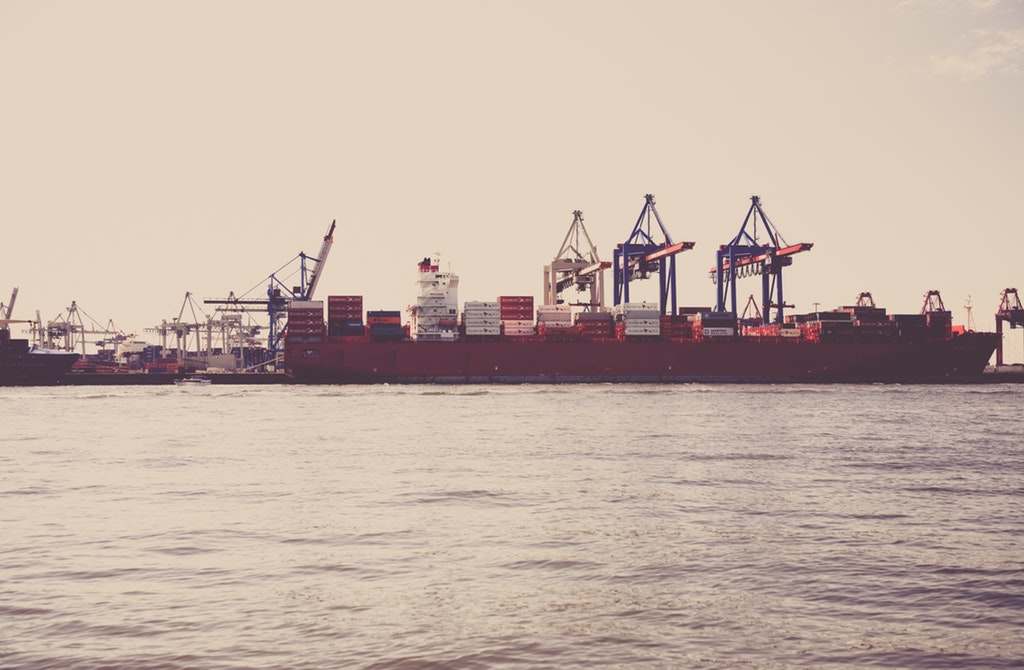What is the Freight Forwarding Process?
If you want your business to boom, you ought to consider trading on an international level. Shipping your items around the world might present the opportunity to expand your customer base exponentially. However, the logistics involved in international trade are complex, as is understanding regulations you must adhere to when trading on a global scale.
Such complexities might seem too baffling to some people, which in turn might discourage them from participating in international trade. These fears might also limit or even restrict growth. So is it possible to learn how to navigate the ocean of information and regulations involved in international trade? We can answer this question in two ways: Yes and It doesn’t matter.
Role of Freight Forwarders
Think of freight forwarders as people in the middle. They stand between the company sending the items and those responsible for physically transporting the items. Freight forwarders aren’t shippers themselves. Their services are more specialized. They understand international trade, they know the regulations, and they facilitate the act of shipping on behalf of a company shipping its good throughout the world.
These firms employ agents in command of the laws and regulations, people who know how to handle the paperwork and the shipping and receiving logistics. In short, they ensure your goods are properly shipped. They handle everything from cargo manifests to insurance claims, and they might even ship items on internal bills of lading, distinct from your company’s paperwork.

Freight Forwarding Process
The freight forwarding process itself consists of several stages.
The first stage involves transporting your goods from your warehouse to a designated warehouse, sometimes owned or leased by the freight forwarding firm. In the business, this process is known as Export Haulage.
The second stage involves receiving the goods and checking them in to ensure every item was transported without incident.
The third stage requires the freight forwarder to submit documents to customs agents who must sign off on allowing the goods to leave their country of origin. Not every freight forwarding firm will prepare the manifests, however. Some require you to do it, and some will require a little negotiating before this crucial stage can be completed.
The fourth stage, equally crucial, involves the process of having the items received. Sometimes countries don’t offer customs agents to receive the items. Instead, the freight forwarding firm itself might be responsible for it.
After the destination country signs off on allowing your goods into their country, all paperwork is forward to the destination, who prepares to receive the goods when they arrive. This stage might require payment in addition to the transfer of paperwork and documentation.
Once all of the above stages are completed, the goods themselves are physically transported. This stage is known as import haulage. The freight forwarding firm can receive the goods when they’ve arrived; they might leave the task to a third party, or, in some cases, the company sending the goods might have an infrastructure in the destination country for receiving the goods.
The overall process here is pared down to its basics, but it is far from simple. It requires meticulous documentation and logistics planning. The reality of the task might be daunting to you, which is why freight forwarding firms might prove crucial to your company’s success in branching out to other countries.
